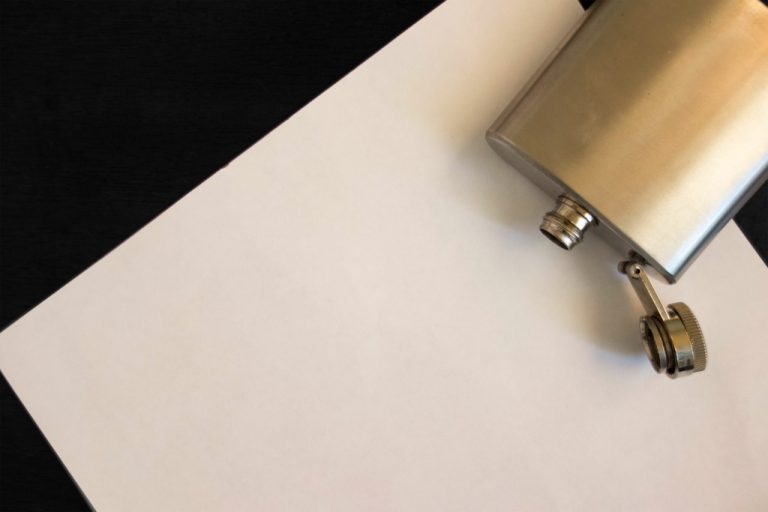Content
Models adjusted for age, sex, educational level, occupational position, and cohort. A continuous glucose monitor, on the left, is a device that measures blood sugar every few minutes using a sensor inserted under the skin. An insulin pump, attached to the pocket, is a device that’s worn outside of the body with a tube that connects the reservoir of insulin to a catheter inserted under the skin of the abdomen. Insulin pumps are programmed to deliver specific amounts of insulin continuously and with food. If you have symptoms of high or low blood sugar and you think you might pass out, call 911 or your local emergency number. New research finds that even moderate drinkers can double their risk of dementia, if they drink themselves unconscious — even rarely.
What conditions cause blackouts?
- arrhythmia (abnormal heart rhythm)
- heart disease.
- problems with the blood vessels in your brain.
- a seizure (fit)
- low blood sugar.
If you drink, do it occasionally and only when your diabetes and blood sugar level are well-controlled. If you are following a calorie-controlled meal plan, one drink of alcohol should be counted as two fat exchanges. Patients reported whether they had had persistent musculoskeletal pain the last Top 5 Questions to Ask Yourself When Choosing Sober House three months. As alcohol may be a coping mechanism for patients particularly with chronic pain, we expected to find an association between PPDB and musculoskeletal pain. For men there was no such association, while there was an indication that women with musculoskeletal pain show less PPDB. Know more on, alcoholic treatment programs
Treating Diabetics Who Have Alcoholism
It also includes binge drinking — a pattern of drinking where a male has five or more drinks within two hours or a female has at least four drinks within two hours. Over 96,000 people in this group reported passing out due to alcohol. Of these, over 10,000 reported having lost consciousness from drinking in the past year. The participants, aged between 18 and 77 years, weren’t diagnosed with dementia during the years when they reported their alcohol consumption (1986 to 2012). Researchers analyzed dementia diagnosis of over 130,000 people in Europe who had reported their drinking habits 14 years earlier. They found that those who reported losing consciousness after drinking had double the risk of dementia.
If alcohol blackouts are a common occurrence for you, it might be time to seek help. An alcohol recovery center such as Wellness Retreat Recovery Center can help you beat alcoholism for good. The good news is that there are several steps you can take toward avoiding alcohol blackouts. This can affect your ability to perform tasks, your ability to store information, your personality, and your general behavior. The result is that blackouts can last anywhere from a few minutes to a few days. Not only can having alcohol blackouts be alarming, but it can lead to other alcohol-related health issues too.
Blackout effects on your body
These negative moods continue to trigger people to return to drinking long after physical withdrawal symptoms have resolved. A blackout means not being able to remember what happened when you were drinking or using drugs. The latter associations did not reach the necessary statistical significance, but give directions for hypotheses for future research. Table 3 Testing different variables for possible associations to presumed problematic drinking behaviour (PPDB) reported after Roux-n-Y gastric bypass. All patients from three hospitals in Central Norway who underwent laparoscopic RYGB as treatment for severe obesity from 2003 to the end of 2009, were invited to a follow-up visit between August 2018 and June 2020. Out of the 959 patients in total, 29 patients were diseased and 546 patients chose to participate in a follow-up and thereby were included in the Bariatric Surgery Observation Study (BAROBS) (58.7%).

ALWAYS consume alcohol with a meal or snack that contains carbohydrates. Contact us today to find an alcohol treatment program for yourself or a loved one with diabetes. The most effective way to overcome alcohol use and addiction as a diabetic is to seek professional treatment. While feeling a bit dizzy or drowsy after drinking does not always signal harm for a non-diabetic, for diabetics this can signal larger problems. In time, however, the body becomes unable to produce enough insulin.
Alcohol’s Effects on Complications of Diabetes
Alcohol can also affect other medical conditions you may have, like diabetic nerve damage, diabetic eye disease, and high blood triglycerides. Diabetes is a chronic health condition that affects how your body turns food into energy. Most of the food you eat is broken down into sugar (glucose) and released into your bloodstream. When your blood sugar levels rise, your pancreas releases insulin, allowing the blood sugar to be used by cells as energy. People with diabetes either don’t make enough insulin, or they can’t use the insulin their bodies make properly.





















